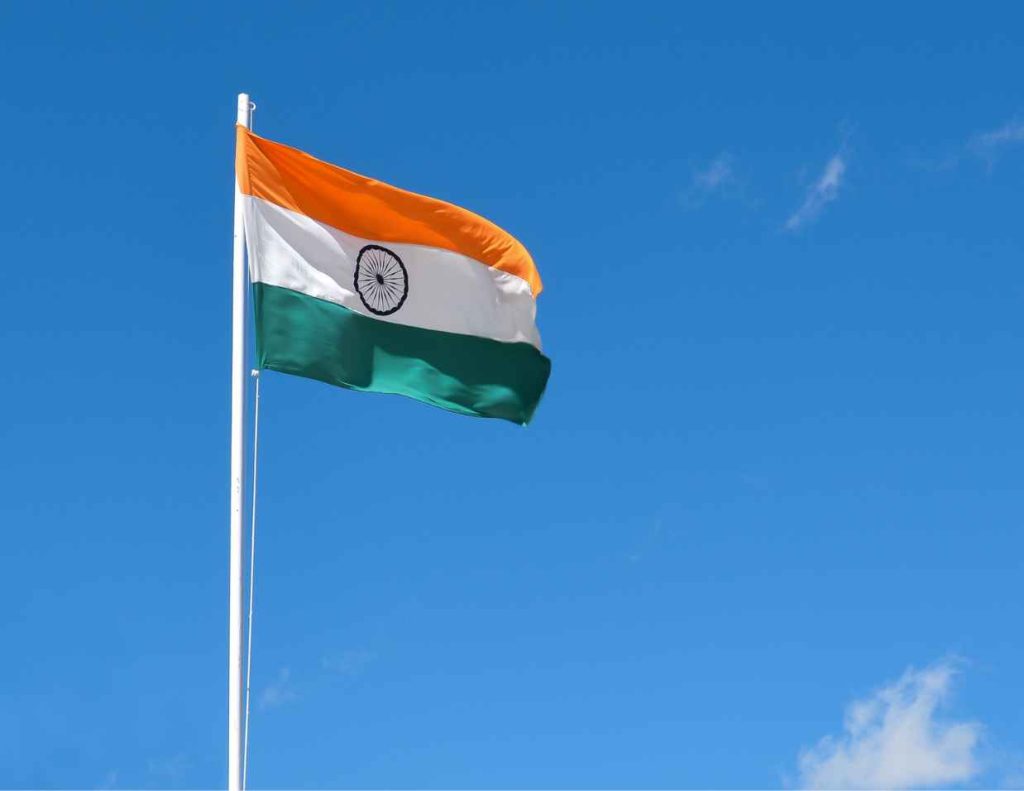Strategic Balance Is A Necessity

The geopolitical strategic balance is paramount in the dynamic, fast-paced, and often uncertain world of international relations. For India, a country in a complex and often volatile geopolitical environment, maintaining this equilibrium becomes a necessity rather than a choice. As the world’s largest democracy with a rapidly growing economy, India has become an increasingly significant player on the global stage. India has a huge role as a strategic counterbalance in global geopolitics.
Strategic Balance of Power in Asia
The rise of China as a global power has significantly impacted the geopolitical landscape of Asia. China’s aggressive foreign policy, territorial claims, and growing military prowess have alarmed nations across the region and beyond. Here is where India, another emerging Asian power, steps in. With its robust democratic institutions, growing economic strength, and significant military capabilities, India is a strategic counterweight to China in the region. Other powers, notably the United States, have recognized and encouraged this role. This has led to deeper strategic partnerships and cooperative arrangements like the Quadrilateral Security Dialogue (Quad), which includes the U.S., India, Japan, and Australia.
Strategic Autonomy
India’s approach to strategic balance is wider than its relations with China and the U.S. The country has consistently pursued a policy of strategic autonomy, forging ties based on its national interests. It has managed to maintain strong relations with other significant global players, including Russia and countries in the Middle East, Europe, and Africa. This multi-aligned approach enables India to balance its relationships with different powers. It also avoids over-dependence on any single country or bloc.
Internal Strength and Stability
India’s role as a strategic counterbalance also rests on its internal strength and stability. The country’s democratic credentials and efforts toward economic development, technological progress, and social inclusion enhance its global standing and ability to influence international affairs. Moreover, maintaining internal stability amid diverse ethnic, religious, and cultural groups is crucial for India to project strength externally.
Being a strategic counterbalance comes with its own set of challenges. The risk of border conflicts, trade disputes, and strategic disagreements is inherent in this role. Balancing different relationships, especially with countries like the U.S. and Russia with conflicting interests, requires delicate diplomacy. To navigate these challenges, India must focus on enhancing its domestic capabilities. India must maintain a nuanced foreign policy, and building strategic partnerships based on mutual respect and benefit.
Narendra Modi’s Role In Strategic Balance
Narendra Modi has pursued several strategic initiatives to maintain geopolitical balance for India, focusing on developing relations with various global partners. These efforts have played a crucial role in maintaining India’s strategic balance and increasing its influence in global geopolitics.
Prime Minister Modi has played a pivotal role in revitalizing the Quad. The Quad counterbalances China’s rising influence in the Indo-Pacific region. The Modi government has emphasized the ‘Act East Policy,’ a strategic initiative to deepen ties with the ASEAN countries and East Asia. It shifts from the earlier ‘Look East Policy,’ emphasizing action and implementation.
India has significantly improved relations with its immediate neighbors through its ‘Neighborhood First’ policy. This policy includes increased diplomatic engagement, economic aid, and infrastructure development. Modi’s government has sought to strengthen ties with major global powers, including the U.S., Russia, European countries, and nations in the Middle East. These relationships are carefully balanced to maintain India’s strategic autonomy.
India has been more active in international organizations like the United Nations, World Bank, and World Health Organization, asserting its global leadership role. Under Modi’s leadership, India has been modernizing its military capabilities. India has been developing defense partnerships with countries like the U.S., France, Israel, and Russia. These partnerships have involved joint military exercises, technology transfers, and defense procurement deals.
Through initiatives like ‘Make in India’ and ‘Aatmanirbhar Bharat,’ the government promotes India as a global manufacturing hub and encourages foreign investment. This economic diplomacy contributes to India’s geopolitical influence.
In the evolving geopolitical landscape, India’s role as a strategic counterbalance is more significant than ever.
